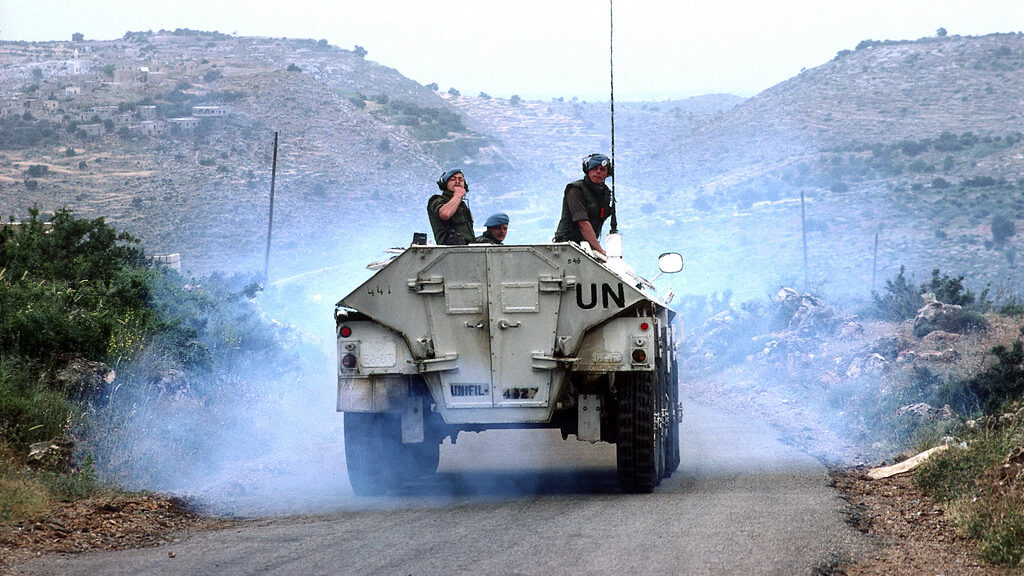US Push to End U.N. Peacekeeping Mission in Lebanon Meets European Resistance
The future of the United Nations peacekeeping force in Lebanon has become a point of contention between the United States and its European allies, exposing a new rift in transatlantic relations and raising questions about stability in the Middle East.
The mission, known as the United Nations Interim Force in Lebanon (UNIFIL), has monitored security in southern Lebanon since 1978, when it was created to oversee Israel’s withdrawal after its first invasion. Its role expanded following the 2006 war between Israel and Hezbollah. With its mandate set to expire at the end of August, the U.N. Security Council must decide whether to extend the force, which has long drawn criticism from both sides of the conflict.
The Trump administration entered office this year determined to shutter UNIFIL, viewing the 10,000-strong mission as ineffective and costly. Officials argue that it only delays the need for Hezbollah to be disarmed and for Lebanon’s army to assume full control of the border. Secretary of State Marco Rubio last week approved a plan to phase out the force within six months, after already cutting funding.
This holiday season, give to:
Truth and understanding
The Media Line's intrepid correspondents are in Israel, Gaza, Lebanon, Syria and Pakistan providing first-person reporting.
They all said they cover it.
We see it.
We report with just one agenda: the truth.


European nations, particularly France and Italy, have opposed such a rapid drawdown, warning it could create a power vacuum Hezbollah would quickly exploit. They have pressed for a one-year extension, noting the risks of ending the mission before Lebanon’s 6,000-strong army can expand to 10,000 troops. French officials also pointed to the example of Mali, where extremist groups filled the void after a U.N. mission was withdrawn prematurely.
Israel, long critical of UNIFIL for what it sees as inaction against Hezbollah, has reluctantly accepted a short extension. Hezbollah and its supporters, meanwhile, accuse the peacekeepers of siding with Israel and have attacked patrols. UNIFIL itself continues to report unauthorized weapons, including rocket launchers and mortars, to the Lebanese army.
Lebanese leaders have urged the mission to remain, warning their overstretched military cannot secure the border without U.N. support. Retired Gen. Khalil Helou cautioned that withdrawing peacekeepers would force redeployments from other fragile areas, risking wider instability.
As negotiations continue, France’s draft resolution calls for a one-year extension without a fixed deadline for withdrawal, a condition Washington insists upon. Even if renewed, U.N. officials warn that budget cuts may shrink the mission’s size, relying more on technology to monitor southern Lebanon.

